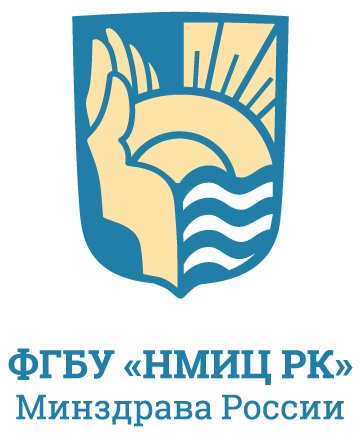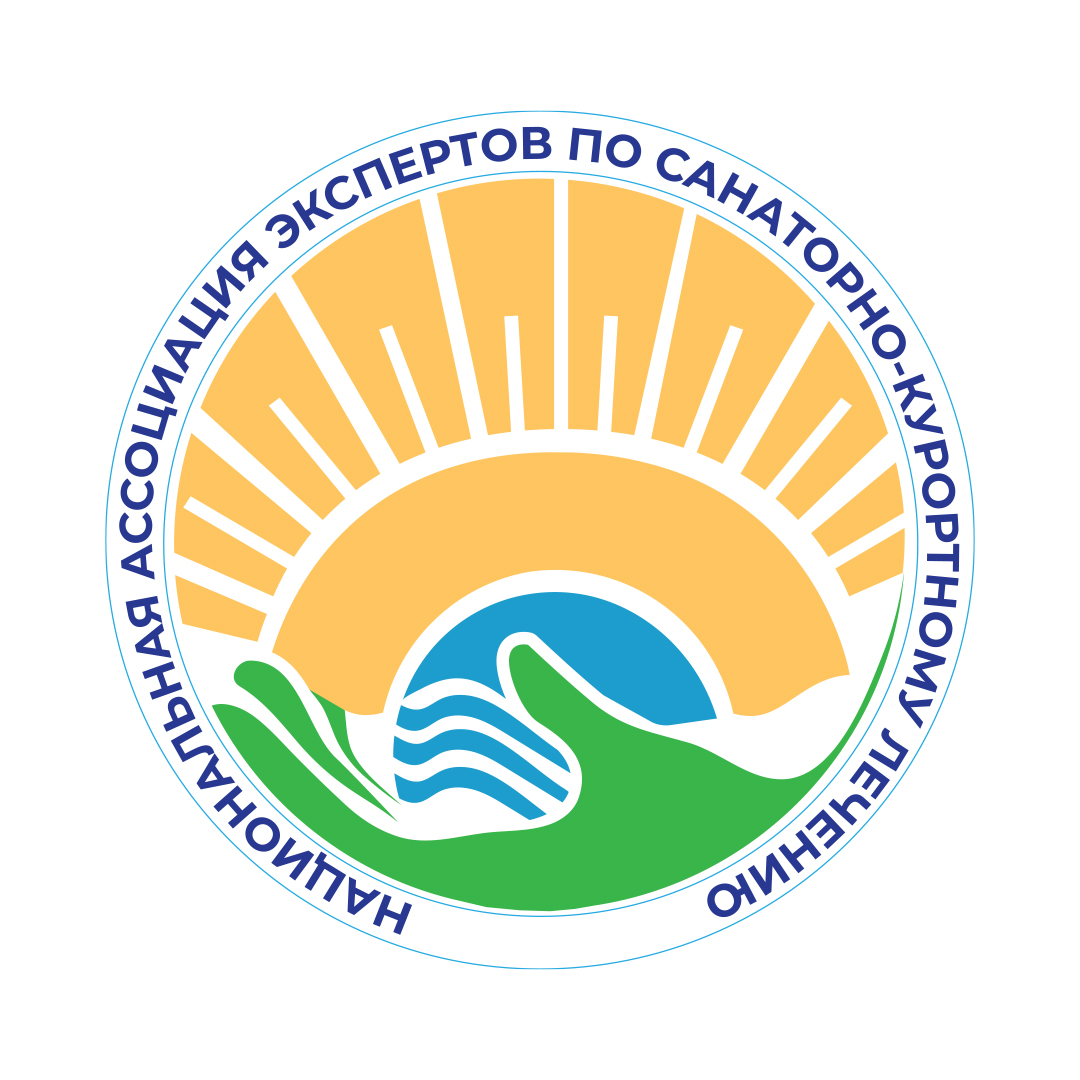Issue 4-21, 2022
Current Requirements for Universities Planning to Train Physical Rehabilitation Specialists in the Context of the New Medical Rehabilitation Model in the Russian Federation: a Review
2 ![]() Tatyana V. Builova, 2
Tatyana V. Builova, 2 ![]() Yuri P. Zverev, 1,3
Yuri P. Zverev, 1,3 ![]() Galina E. Ivanova, 3,4
Galina E. Ivanova, 3,4 ![]() Tatyana A. Kuzminova
Tatyana A. Kuzminova
1 Pirogov Russian National Research Medical University, Moscow, Russian Federation
2 Lobachevsky National Research Nizhny Novgorod State University, Nizhny Novgorod, Russian Federation
3 Research Center for Medical Rehabilitation, Moscow, Russian Federation
4 Moscow State Academy of Physical Culture, Moscow, Russian Federation
ABSTRACT
INTRODUCTION. In accordance with the adopted new concept of healthcare in the Russian Federation and current legislation, thedevelopment of medical rehabilitation and habilitation in the Russian Federation is largely determined by the level of professionaleducation of personnel with higher medical and non-medical education. In these conditions, an extremely important question is (whichUniversities) and how (under what programs and under what conditions) can and should train personnel in the field of rehabilitationin new specialties.AIM. To reveal the current problems of professional retraining of physical rehabilitation specialists according to the new model ofmedical rehabilitation and to determine the requirements for universities for setting up the programs for new specialties in the area ofmedical rehabilitation.CONCLUSION. The main requirements for universities planning to train physical rehabilitation specialists include: the availability of trainedpersonnel – professors and practitioners in the field of medical and physical rehabilitation, able to give not only theoretical knowledge, butalso practical skills in a new specialty, as well as the availability of a sufficient number of clinical bases of various profiles, the use of whichwould ensure compliance with the principle of “rotation” (change of profiles and stages of rehabilitation during the internship).
KEYWORDS: physical rehabilitation, universities, professional re-training, healthcare, internship
FOR CITATION: Builova T.V., Zverev Yu.P., Ivanova G.E., Kuzminova T.A. Current Requirements for Universities Planning to Train Physical Rehabilitation Specialists in the Context of the New Medical Rehabilitation Model in the Russian Federation: a Review. Bulletin of Rehabilitation Medicine. 2022; 21 (4): 17-26. https://doi.org/10.38025/2078-1962-2022-21-4-17-26
References:
- Ivanova G.E., Aronov D.M., Bel- kin A.A., Belyaev A.F., Bodrova R.A., Bubnova M.G., Buylova T.V., Melnikova E.V., Mishina I.E., Prokopenko S.V., Sarana A.M., Stakhovskaya L.V., Suvo- rov A.U., Hasanova D.R., Tsykunov M.B., Shmonin A.A., Shamalov N.A. The Pilot Project «Development of the medical rehabilitation system in Russian Federation». Bulletin of Rehabilitation Medicine. 2016; (2): 2-6 (In Russ.).
- Moffat M. A history of physical therapist education around the world. Journal of Physical Therapy Education. 2012; 26(1): 13-23.
- The evolution of physical therapy. Available at: http://www.jblearning.com/samples/0763740691/40691_CH01_FINAL.pdf (accessed 25.01.2022)
- Commission on Accreditation in Physical Therapy Education. 2012. Available at: https://capteonline.org (accessed 23.01.2022)
- Builova T.V., Ivanova G.E., Zverev Y.P. The Standardization of Professional Training and Physical Internists’ Activity in the Russian Federation. Bulletin of the Ivanovo Medical Academy. 2017; (2): 9-15 (In Russ.).
- World Confederation for Physical Therapy 2011: Guidelines for Physical Therapist professional entry level education. Revised. WCPT, General Meeting. Amsterdam. 2011. Available at: http://www.wcpt.org/guidelines/entry-level-education (accessed 27.01.2022)
- American Council of Academic Physical Therapy, American Physical Therapy Association, APTA Academy of education. Vision for excellence in phys ical therapy education. Culmination of the work of the education leadership partnership August 2021. Journal of Physical Therapy Education. 2021; 35(1): 1-35. https://doi.org/10.1097/JTE.0000000000000216
- Jette D.U., Brechter J.H., Heath A.E., Tschoepe B. Defining excellence in physical therapist education: a comparison of 2 theoretical perspectives. Journal of Physical Therapy Education. 2020; 34(3): 198-205. https://doi.org/10.1097/JTE.0000000000000144
- Deusinger S.S., Hinman M.R., Peterson C. Positioning academic physical therapy for excellence through contemporary accreditation standards. Journal of Physical Therapy Education. 2018; 32(2): 118-122. https://doi.org/10.1097/JTE.0000000000000053
- 2010-2011 Fact Sheet: Physical Therapist Education Programs. American Physical Therapy Association. Available at: https://nau.edu (accessed 22.02.2022)
- European Physical and Rehabilitation Medicine Bodies Alliance. White book on physical and rehabilitation medicine in Europe. Introductions, executive summary, and methodology. European Journal of Physical and Rehabilitation Medicine. 2018; 54(2): 125-155. https://doi.org/10.23736/S1973-087.18.05143-2
- Taylor S.M., McMenamin P.J., Hilliard M.J. Collaborating to integrate education and practice: a model of a physical therapy academic-clinical partnership. Journal of Physical Therapy Education. 2022; 36(2): 139-145. https://doi.org/10.1097/JTE.0000000000000220
- Huhn K., Gilliland S.J., Black L.L., Wainwright S.F., Christensen N. Clinical reasoning in physical therapy: a concept analysis. Physical Therapy. 2019; (99): 440-456. https://doi.org/10.1093/ptj/pzy148
- Chesebro S.B., Jensen G.M., Boissonnault W.G. Entrustable professional activities as a framework for continued professional competence: is now the time? Physical Therapy. 2018; (98): 3-7. https://doi.org/10.1093/ptj/pzx100
- Magnusson D.M., Zachary D Rethorn Z.D., Bradford E.H., Maxwell J., Ingman M.S., Davenport T.E., Bezner J.R. Population health, prevention, health promotion, and wellness competencies in physical therapist professional education: results of a modified delphi study. Physical Therapy. 2020; 100(9): 1645-1658. https://doi.org/10.1093/ptj/pzaa056
- Bliss R., Brueilly K.E., Swiggum M.S., Morris G.S., Williamson E.M. Importance of terminal academic degreed core faculty in physical therapist education. Journal of Physical Therapy Education. 2018; 32(2): 123-127. https://doi.org/10.1097/JTE.0000000000000054

The content is available under the Creative Commons Attribution 4.0 License.
©
This is an open article under the CC BY 4.0 license. Published by the National Medical Research Center for Rehabilitation and Balneology.




